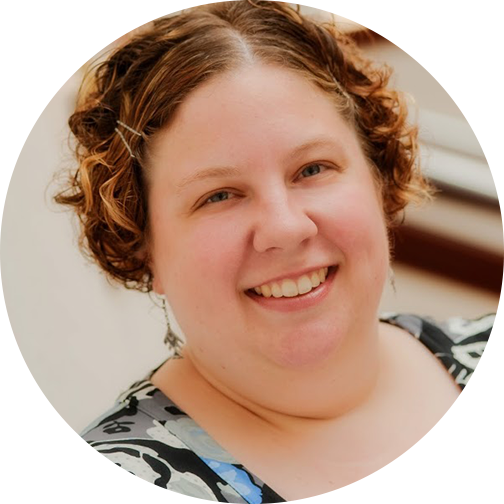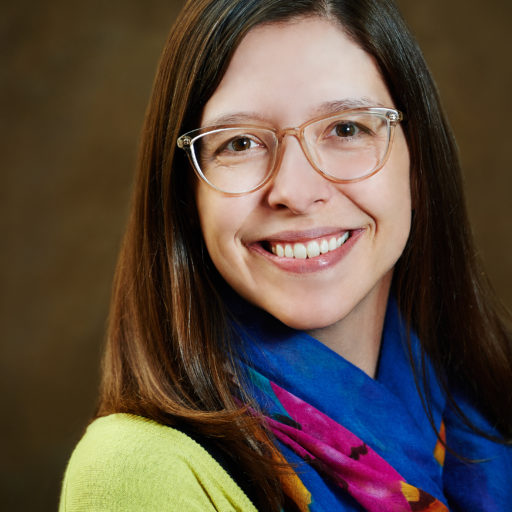Recently, Kirstin received a big, fancy award for teaching. She’s having some complicated emotions about it: proud, yes, but also worried she’s contributing to the public narrative that only a few teachers are worthy of recognition. Or the narrative that part of being a great teacher is taking on public leadership roles. Or—most insidiously—the common narrative that you can spot a great teacher from a mile away.
In reality, all teachers are learners, and we learn every day about how to make our practice better in ways that improve our students’ educations. Even the most extraordinary among us don’t always recognize the greatness in the work we do every day. And the world-changing, everyday work teachers do to change students’ lives isn’t the visible, high-profile work that often wins awards.
We have over two decades of experience in education between us, and—despite this issue’s theme of teacher leadership—we’re both still uncomfortable with the phrase “teacher leader.” In the world outside education, a leader is someone in a position of power, someone who encourages and inspires others to follow. Leaders are the committee chairs, the organizers, the spokespeople. While all those archetypes exist in a school building, so do many others, and their work with students and colleagues can be incredibly powerful in building the experience of schooling.
Our staff dedicates this issue to the leaders of education who aren’t always recognized. To the teachers who use their own personal or professional failures as examples for their students of how to recover from setbacks. The mentors who, year after year, are the ones whose sage words are sought out after the final bell has rung. The veteran educators who are always thinking about new teachers and how to support them along their career paths. The early-career teachers who reflect deeply on their experiences and develop plans to sustain their personal and professional growth.
All of us in education need to start to change the stories we tell ourselves and others about teaching. The Kaleidoscope staff hopes you’ll read and share the stories published here, and that these teachers’ honesty and bravery will motivate you to see the deep value you provide in your context and to tell your own stories.

Kate Blaske
Editor-in-Chief

Kirstin Milks
Editor-in-Chief
Kate Blaske, a Knowles Senior Fellow, is a co-editor-in-chief of Kaleidoscope. She most recently taught AP Chemistry at Avon High School in Indiana. Reach Katie at katie.blaske@knowlesteachers.org.
Kirstin Milks, a Knowles Senior Fellow, is a co-editor-in-chief of Kaleidoscope. She teaches AP Biology and Earth/space science at Bloomington High School South in Indiana. Reach Kirstin at kirstin.milks@knowlesteachers.org.






